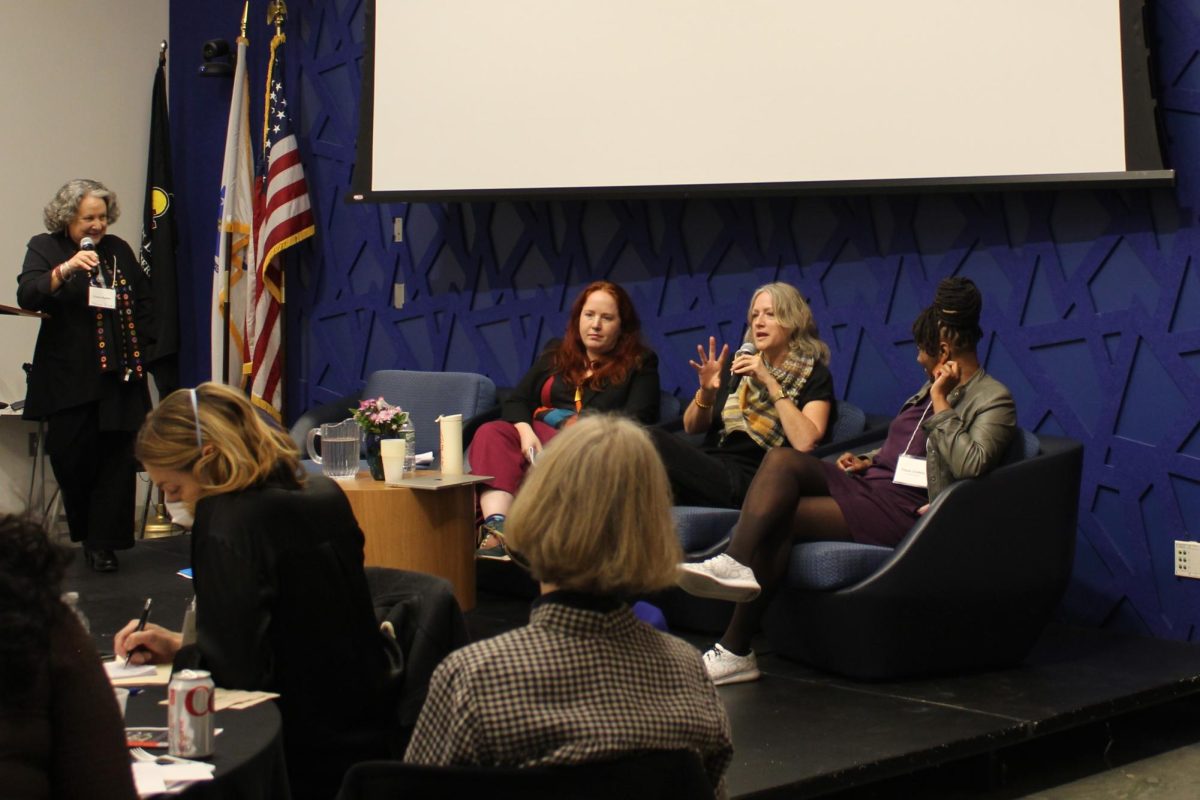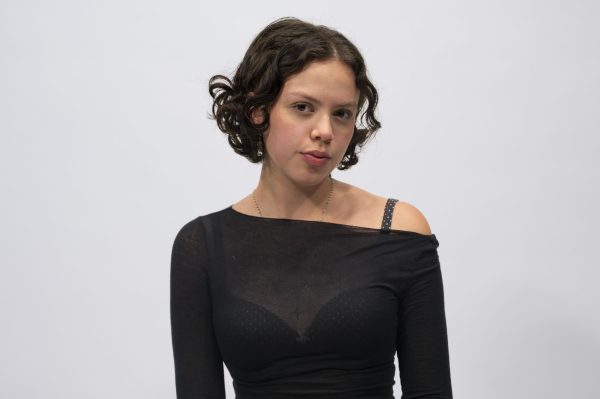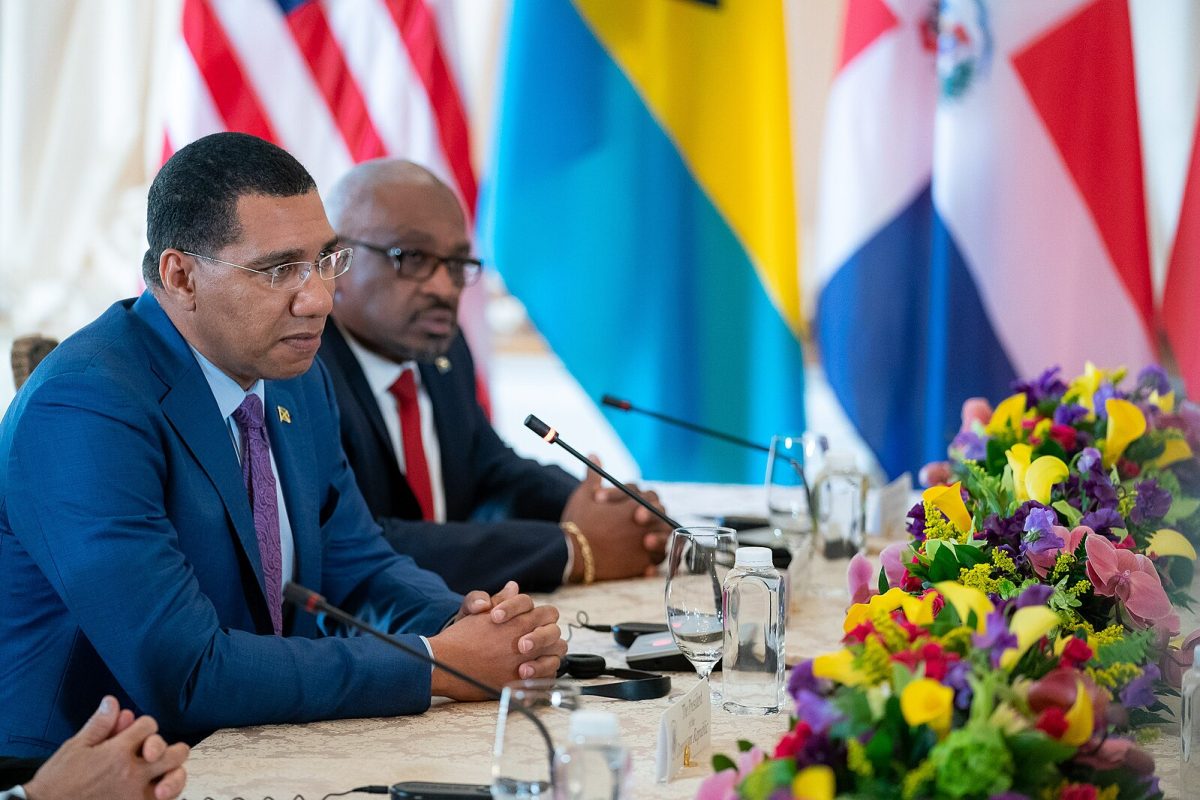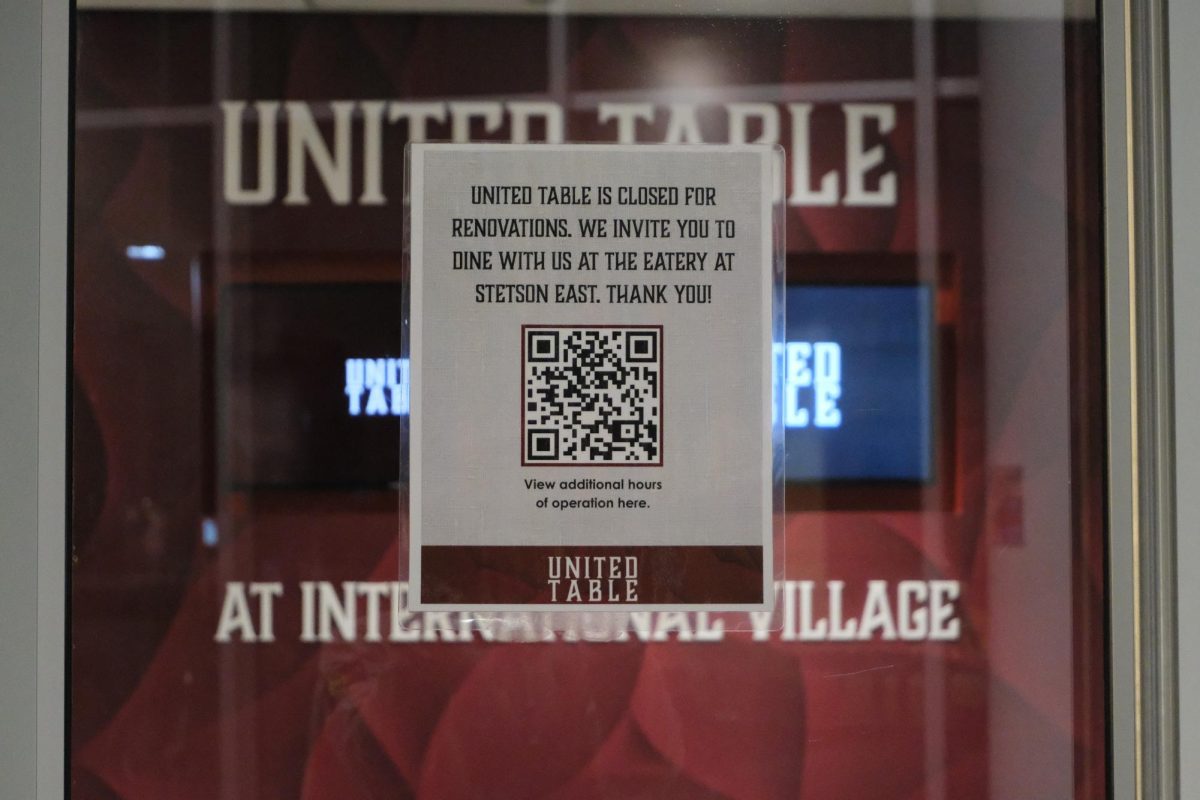The Women’s Gender and Sexuality Studies Program and Signs: Journal of Women in Culture and Society hosted their 10th annual Women’s History Month Symposium March 15. The symposium brought together feminists from various fields, ranging from academia to activism, to discuss their perspectives on different obstacles these fields have faced.
The discussion, which also celebrated the 50th anniversary of Signs’ founding, served as “a lens to examine the past, present and future of women’s and gender studies and pay special attention to public feminism and its place within the history of feminist studies,” according to the event website. Signs was founded in 1975 and has been a part of the Women’s Gender and Sexuality Studies Program at Northeastern, or WGSS, since 2015.
“This was a very special event, not only because it celebrated 50 years of feminist publishing, but also because it’s the 10th anniversary of the WGSS symposium,” said Kiki Samko, the WGSS program manager.
Since its founding, the journal has sought to raise awareness about women’s oppression in academia and society.
The 13 panelists who spoke at the event have published work in the journal or its open-access initiative, the Feminist Public Intellectuals Project, or FPIP.
The panelists engaged in discussions of feminist theory over the course of four panels from 9:15 a.m. to 4:30 p.m., followed by open dialogue.
Starting with “Our Histories, Ourselves,” panelists discussed the rich legacy of intersectional feminist thought, examining its relevance in today’s challenges.
“Feminist Praxis in Perilous Times” tackled contemporary obstacles and strategies for progress, emphasizing the importance of resilience. “Public Feminism and the Place of Provocation” explored the role of feminist voices in mainstream discourse and the methods for fostering dialogue across diverse spheres. Finally, “Thinking Feminism for the Future” contemplated the unpredictable futures facing feminism.
“Thinking Feminism for the Future” attracted around 100 attendees and featured panelists Sophie Lewis, a writer and freelance independent scholar; Treva B. Lindsey, a Black feminist historian and Professor of Women’s, Gender, and Sexuality Studies; and Jane Ward, a professor and published writer of Feminist Studies accompanied by moderator Carla Kaplan.
The panel included questions by the moderator ranging from “What resources are needed to help imagine a truly feminist future?” to “How do you deal with things that are going against what you are working for?”
While each panelist answered questions differently, they all emphasized the importance of the phrase “hope is a discipline,” coined by Mariame Kaba, a social justice activist.
According to the speakers, people must remain resilient to see the feminist future that so many call for. This means that feminist circles should listen to each other, acknowledge that it is intergenerational work and see “the feminist potential in everyday situations,” Ward said.
Lindsey said, however, it is also crucial to stay realistic and acknowledge what feminism is now: a movement with much work to do.
“Imagination and dreaming have become a space in the feminist project,” she said. “If we align it with joining organizations and holding each other accountable, there is a future.”
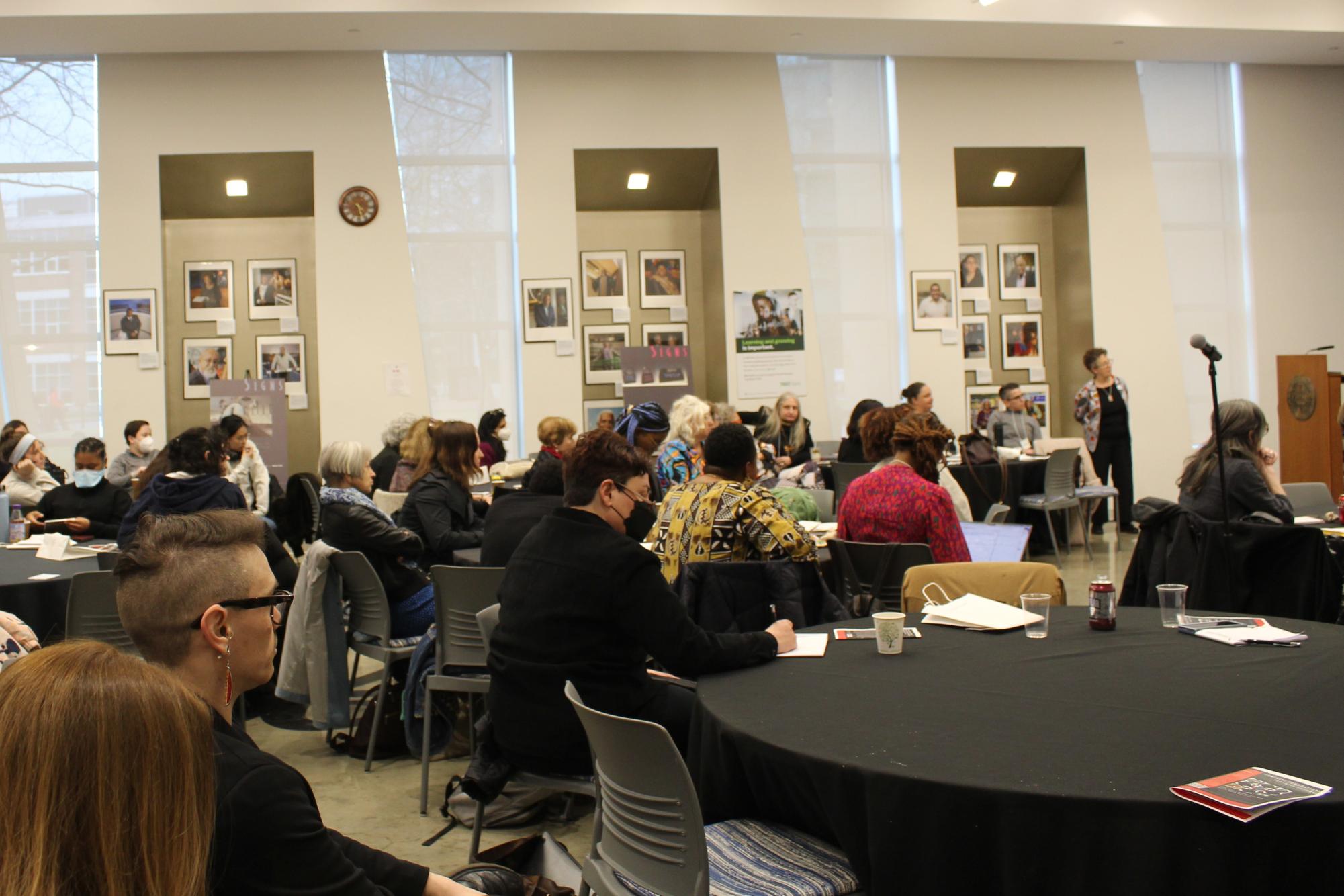
The panel aimed to do just that — bring feminism and gender studies into the dialogue of daily lives. After the panel, attendees had the opportunity to ask questions and share their thoughts and concerns on the matter.
“We were thinking like Suzanna [Walters] said, we wanted to join academic and non-academic feminist discourse,” said Kyle Wholey, an editorial assistant at Signs. “I think Signs does a great job in joining together as a part of feminist conscious raising that should be happening in the public.”
While there is a concern that academia might exclude women from the conversation due to its inherent exclusivity, Signs is doing its part to acknowledge this, speakers said. By starting FPIP and holding panels open to the public, Signs hopes to see more inclusion in this academic, activist and organizational space.
Speakers and attendees agreed that these conversations are part of the envisioned future.
“Panels are a starting point,” said Amber Hayward, a second-year international affairs and cultural anthropology combined major and event attendee. “I think that the more important conversations happen outside of this; further conversation is where the true work happens.”



